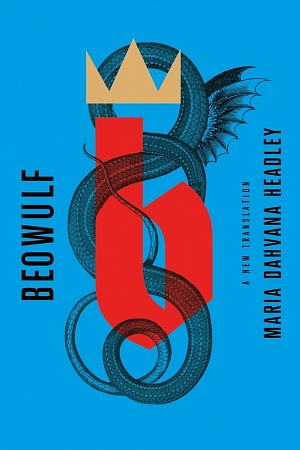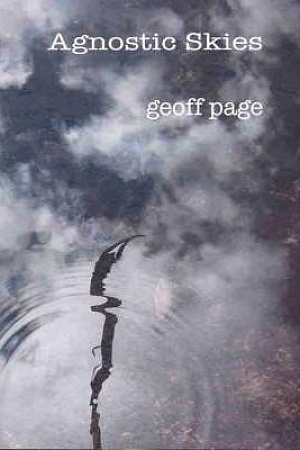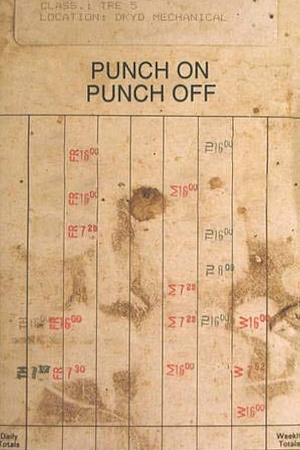Signal Flare
Puncher & Wattmann, $25 pb, 100 pp, 9781922186232
Flair
A signal flare, known mostly for its use as a maritime distress signal, has the ability to illuminate a disproportionately large area for what can also seem, given its intimate, hand-held origin, an unnaturally sustained time of several minutes. It is also the title of Anthony Lawrence’s fourteenth collection of poetry. While the phrase itself is not to be found in any of the poems, the poetic idea offered by ‘signal flare’ is powerful and lights its terrain.
Divided into four parts, Signal Flare opens with a single poem, ‘Lines in Absentia’, delivered in concise yet syntactically flexible four-line stanzas whose duration is more than seven pages, and written as a profound response to a suicide on Sydney Harbour. One assumes the person in question was known intimately to the poet – Lawrence addresses a number ofintimates, now often lost to him, across the volume – but it is worth noting this does not need to be the case. The book’s suite of poems, whose subjects include the interrogation of the intricacy and dualities of relationship, do not need to be read biographically to maintain their impact.
In ‘Eclipse’, another poem in Signal Flare, a young woman’s near-suicide (near the Harbour) is addressed, and the book’s final poem, ‘Winging It’, is a masterful and expansive examination of the experience of facing the nearness to one’s own mortality. Here are the closing lines:
You’re in trouble, and no matter how often
you throw the wide-cast net of your philosophy
or opt for silence
after you’ve talked yourself to your knees
in the waiting rooms of prayer
you can’t shake this sense
that it’s all about to be explained, if not for forever
then for good.
These three poems testify to Lawrence’s own assertion that this volume contains some of his finest writing to date, as stated in a recent interview for the 2013 Queensland Poetry Festival. They are also linked to the idea of ‘signal flare’ – life’s existential strengths and vulnerabilities being tested to the voltage of Lawrence’s ambitious and highly achieved poetic craft. But the idea of ‘flare’ can also be one which is quietly opened, as in these lines from the book’s second-last poem, ‘A Night at Home’: ‘On nights like these / you dip a wick from its hollow / and carry cupped flame from room to room.’
In the notes, we are encouraged to read the collection as a continuation of the lyrical tracking in two other, earlier volumes by Lawrence, The Sleep of a Learning Man (2003) and Bark (2008). This is a good pointer. The territories which have engaged Lawrence’s experiential observation of nature in lyrical poetry – land, sky, sea, and the littoral, even in urban settings – from his beginnings to now remain embedded here. Lawrence, born in Tamworth in 1957, worked early as a jackeroo, gardener, fisherman, trawler-worker, and truck-driver. He now lives on the north coast of New South Wales. These sitings remain important to his work.
Overall, the lyrical conflagration that occurs in the poetry of those earlier volumes, generated by Lawrence’s knuckled yet generous conversing between the external elemental and the interior consciousness of the poet making human meaning through language, continues in Signal Flare. There is also in the new volume an equipoise in naming, choosing the right word, which he wrote of earlier in ‘Two Poems’: ‘I am being precise / because I am listening to James Wright / who loved to name and count things.’
Most notable in the richest poems in Signal Flare is an assured yet flexible control of poetic language, syntax, and thought that creates a line of ideas, images, and experiences that yield complex understanding, insight, and responses. Poems that demonstrate Lawrence’s ambitious and achieved craft are ‘The Fall’ and ‘Aubade’. What has to be noted is that this poetic ambition arises, secondarily, as a function of Lawrence’s primary passion for authentic experience, forlove, really (I am reminded of Auden’s quote that all his poems were written for love).
Inevitably, there will be weaker poems in any collection. In a book spanning more than eighty pages of poems, you might expect the odd quieter or leaner poem to provide a tensional shift. But these poems should not be sketchy or lax in words or ideas. The unsatisfying poems in Signal Flare lack the depth of subject matter and excavated meaning present in rich poems such as ‘Aubade’. They also, significantly, do not contain the verbal music and momentum – which is a powerful achievement – of the stronger poems.
But it would be unjust to dwell for more than a moment on this unevenness. Signal Flare is one of the most illuminating and moving books of poetry to be written by an Australian in recent times.








